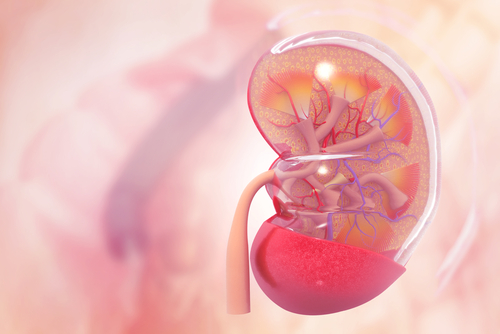Researchers Awarded $600,000 Grant to Find Targeted Therapy for Lupus Nephritis
Written by |

Researchers at the University of Houston have been awarded a $600,000 grant by the Lupus Research Alliance to design new approaches for targeting lupus nephritis, a kidney disease caused by lupus.
The team will use the three-year grant to study how a protein called ALCAM (activated leukocyte cell adhesion molecule) participates in the disease, and if blocking its function may improve a patient’s condition.
“Target Identification in Lupus” grants were created to support research studies that improve understanding of lupus mechanisms, and that lead to new therapies and possible cures for the disease.
The protein ALCAM is an important contributor for T-cell activation. It is known to be increased in the urine of patients with lupus kidney disease, suggesting it plays a role in the development of the disease.
The work will be led by Chandra Mohan, MD, PhD, a Hugh Roy and Lillie Cranz Cullen Endowed Professor at the university.
“Lupus patients may have increased ALCAM in both their immune systems and their kidneys, and this probably plays a major role in activating the immune system and causing the kidney disease in lupus patients,” Mohan said in a press release.
The team now aims to determine if ALCAM also is present in the kidneys of lupus nephritis patients, and whether it is an important driver of the disease. They also will test antibodies that block ALCAM as a potential approach for preventing disease progression. If proven effective, this could represent a new method for treating lupus nephritis patients, Mohan said.
“We began this study looking for biomarkers and we think ALCAM is a good biomarker, meaning we may be able to track the disease by looking at the levels of ALCAM in the urine. But now we are finding that ALCAM may be a therapeutic target, too,” Mohan said.
Mohan’s team is developing a diagnostic test for lupus that uses saliva instead of the standard invasive methods. Its goal is to diagnose both lupus and lupus nephritis by detecting anti-dsDNA antibodies and other salivary biomarkers of the diseases. The team received a $387,000 grant from the National Institutes of Health to support that project.




